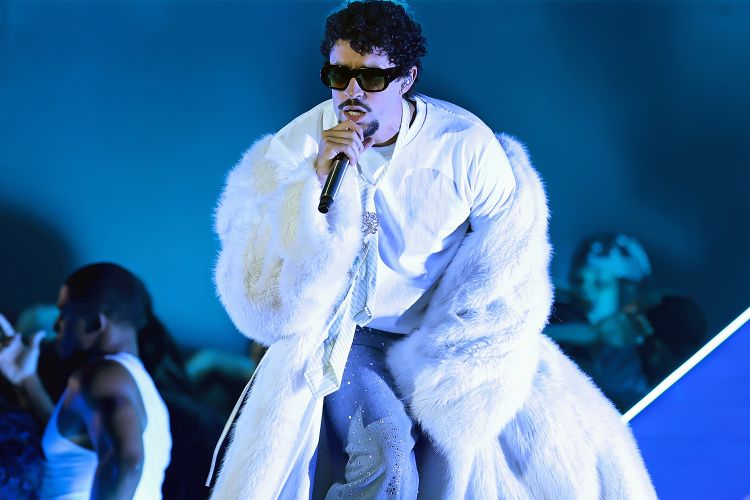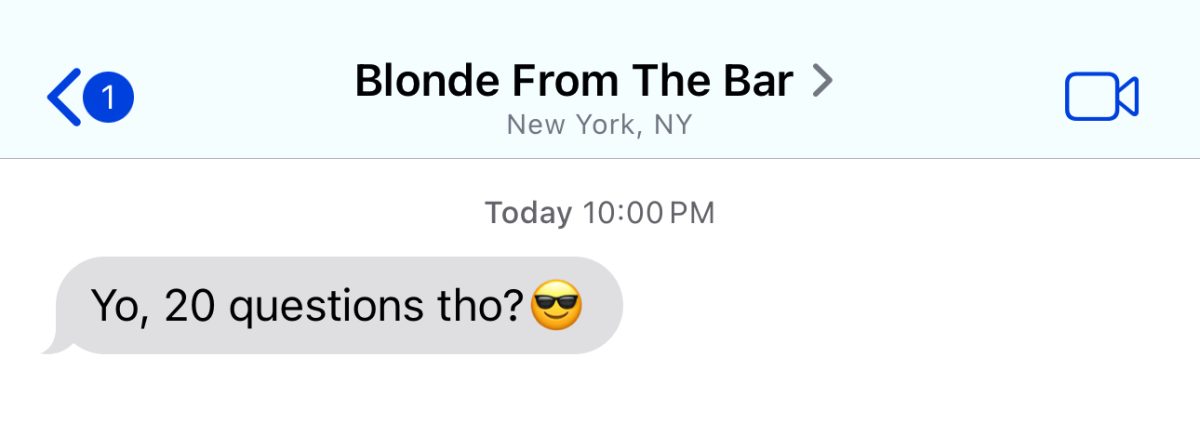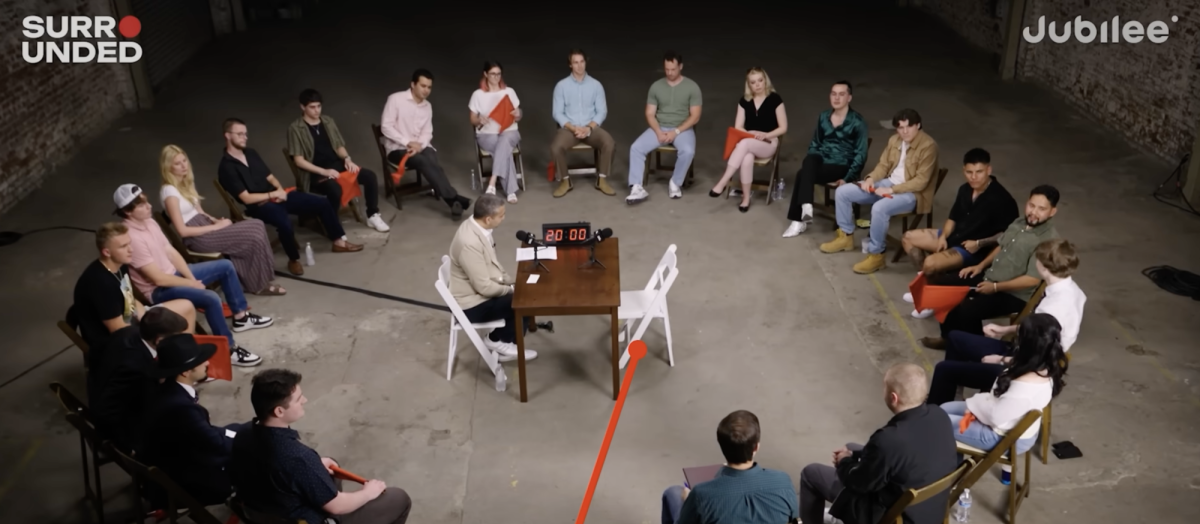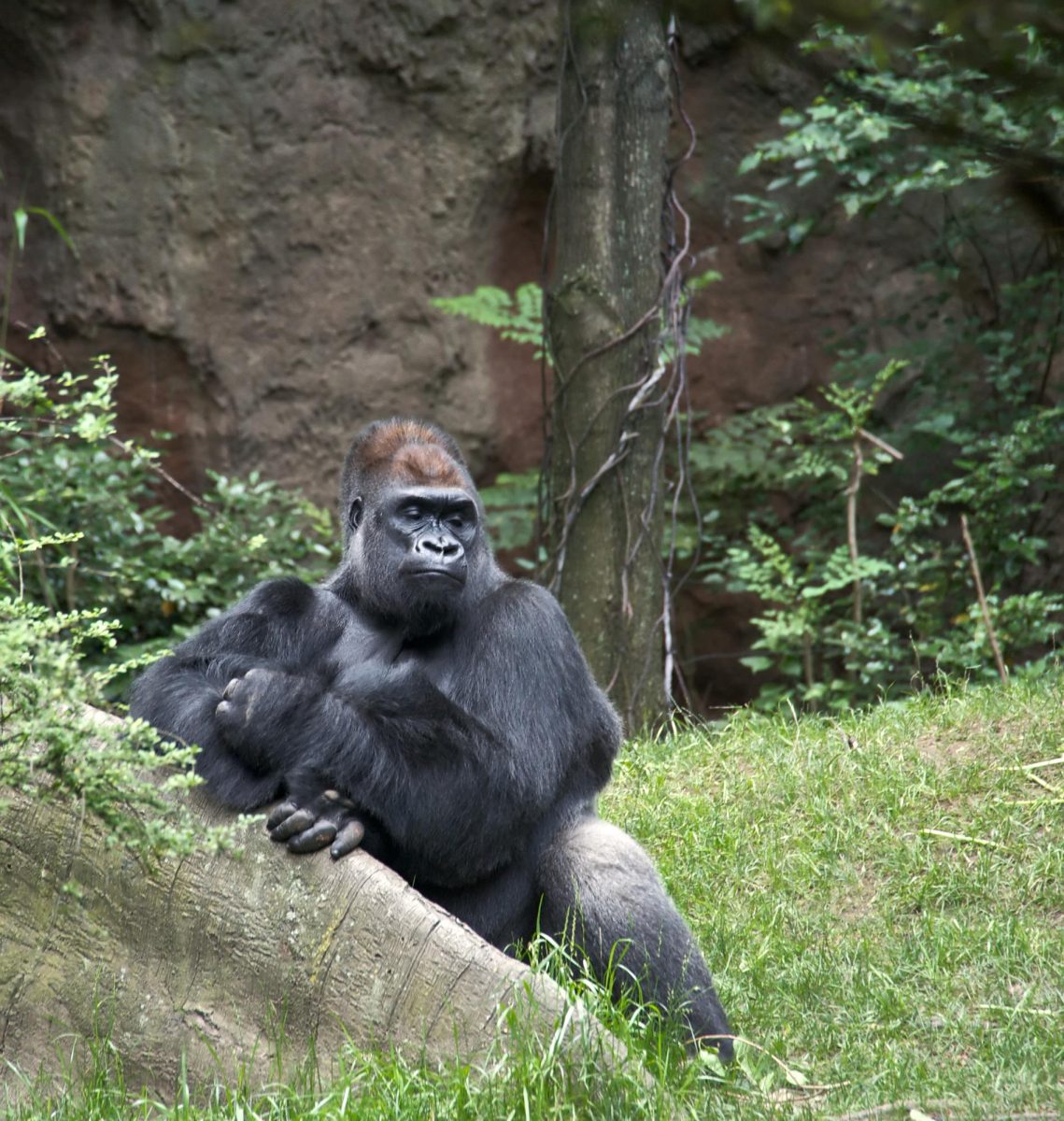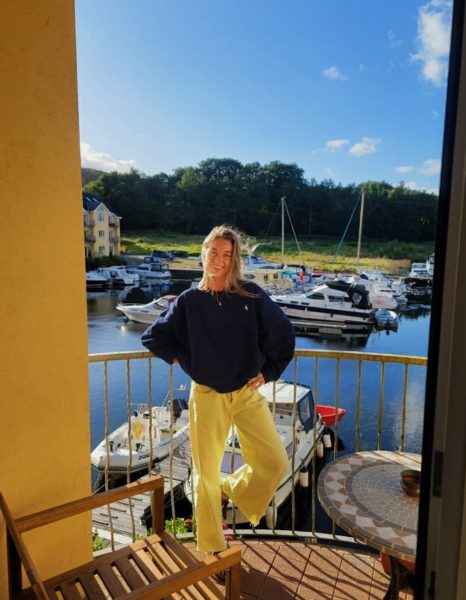On the Oct. 6 episode of “Call Her Daddy,” host Alex Cooper and Vice President Kamala Harris sat down for a forty-five-minute conversation about women’s issues, especially ones surrounding the upcoming presidential election. What should have been seen as a refreshing and genuine interview instead became the target of intense backlash. Both Cooper and Harris faced criticism, Cooper for getting involved in politics on her podcast and Harris for appearing on a podcast that some critics deem unserious.
The episode was about women. It was about women having the ability and freedom to discuss their experiences, bodies and rights without being silenced or minimized. The adverse reaction so many had says much more about society than it does about either Cooper or Harris. The backlash received by both women was not only misplaced but also pointed to a deeper, much more troubling issue: the double standard women too often face in both the media and politics.
For those who don’t tune into the “Call Her Daddy” podcast, it may seem like an untraditional and rather unexpected platform for the Vice President to appear on. Although the podcast gained popularity due to Cooper’s light-hearted discussions around dating, relationships and her own experiences, it has evolved significantly since its origin. Cooper has consistently used her podcast to discuss mental health, personal empowerment and women’s issues. Harris’ initiatives and support of women and women’s issues align perfectly with that. It wasn’t about economic policy or fracking, as Cooper noted at the beginning of the podcast; it was instead about women and the matters that affect them. Problems that are undeniably political in their nature, whether people are willing to admit that or not.
Despite solely addressing women and women’s issues during the episode, Cooper was criticized for discussing politics, with a number of critics claiming she should stick to what she knows. However, what these critics have failed to understand is that “Call Her Daddy” has always been about women’s experiences and their issues–that interview with Harris was simply a continuation of that narrative. Arguing that Cooper, Harris or any other woman in the media should steer clear of participating in political discourse is wildly sexist when male podcast hosts and politicians regularly do so without receiving nearly the same level of backlash.
Harris was also on the receiving end of criticism for her part in the interview, with critics arguing that the podcast wasn’t a serious enough platform for the Vice President. However, the hypocrisy that lies within that argument is abundantly clear: male politicians have appeared on podcasts for years, yet no one blinks an eye. From Barack Obama co-hosting a podcast with Bruce Springsteen to Donald Trump appearing on Theo Von’s “Past Weekend” podcast. Why is it that when Harris does the same, it suddenly becomes inappropriate and unorthodox? The answer to that question is painfully simple: she’s a woman. And when women, in politics and in general, veer from the norm or do things that are unexpected, they’re criticized for it.
It is crucial for presidential candidates to meet voters, especially younger ones, where they are. Young women are listening to Cooper’s podcast. Knowing that Harris addressed real concerns women face daily with Cooper and her audience of young women and young voters. It’s imperative to challenge the narrative that women’s voices, whether in politics or the media, belong in every conversation, no matter the platform.


